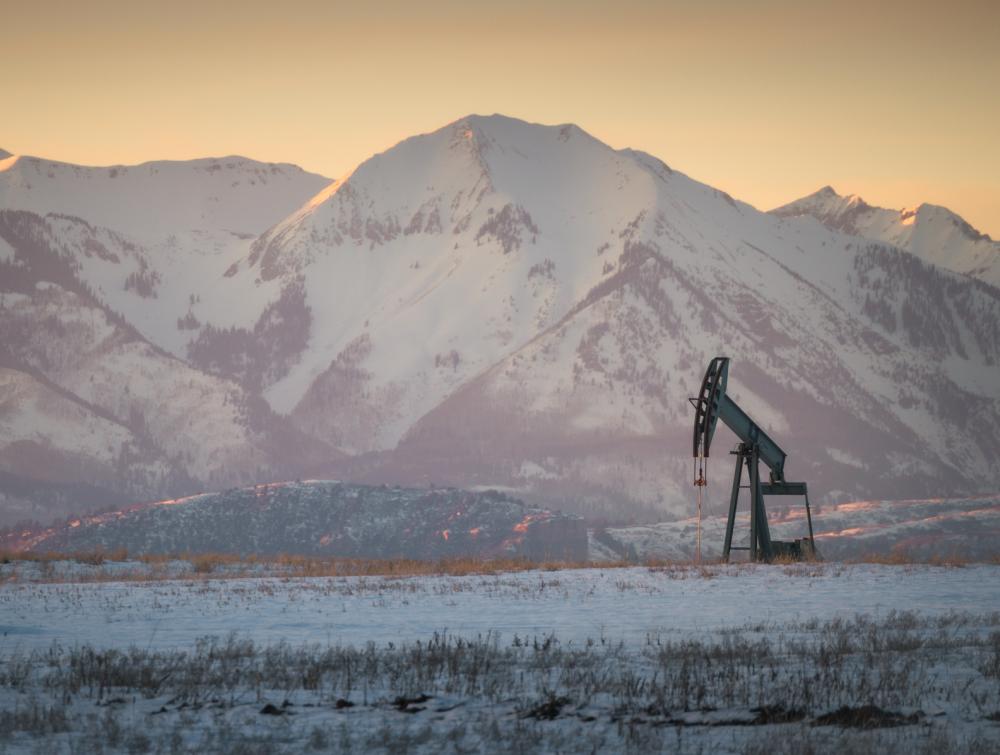House bill attacking public lands masquerades as ‘energy security’ effort

Oil and gas development in La Plata County, CO
Mason Cummings, The Wilderness Society
The Strategic Production Response Act would lock U.S. into decades more climate pollution while deepening its dependence on expensive fossil fuels
WASHINGTON D.C. (January 27, 2023) — The House just passed the Strategic Production Response Act which would mandate that withdrawals from the Strategic Petroleum Reserve (SPR) be tethered to new oil and gas leasing on U.S. public lands and waters.
The bill stipulates that to allow non-emergency drawdown of the Strategic Petroleum Reserve, the Administration must lease a percentage of federal lands and waters equivalent to the percentage of oil scheduled to be released from the SPR.
The following statement is from Lydia Weiss, Senior Director of Government Relations at The Wilderness Society.
“Notwithstanding its title, this bill is far from strategic. The logic of tethering public lands and waters leasing to decisions about when and how to tap the Strategic Petroleum Reserve doesn’t hold up in the context of U.S. energy security or global oil markets. The bill is just another attack on public lands and waters by anti-climate, anti-conservation zealots,” said Lydia Weiss, Senior Director of Government Relations at The Wilderness Society. “Instead of looking for new ways to give handouts to oil and gas companies, Congress should be leaning into public lands to help transition to a renewable energy economy that lowers costs and protects our national security and climate.”
The Strategic Production Response Act is plainly just another way to mandate more leasing of public lands to oil and gas companies.
-
For example, if the Administration plans to release 30 million barrels from the SPR – roughly 8% of current stocks – it would need to also develop a plan to lease 8% more federal lands and waters.
-
For context, the federal government has jurisdiction over approximately 640 million acres onshore and over 2.5 billion acres in the Outer Continental Shelf, meaning an 8% drawdown of the SPR could be read to require the Administration to devise a plan to offer up as much as 250 million acres to big oil companies – an area more than twice the size of California and five times the combined size of all U.S. national parks.
Republican House leaders introduced the Strategic Production Response Act under the false auspices of national security and lowering prices at the pump. But expanding unnecessary drilling on public lands only fuels the country’s unstable and dangerous energy system, which is already accelerating the climate crisis and threatening the health and safety of local communities.
Instead of policies that keep the U.S. in the stranglehold of fossil fuel dependence, the 118th Congress should focus on legislation that promotes rapid and responsible renewable energy development, drives real support for a just economic transition, and prioritizes the interests of people and communities over polluting industries.
The Wilderness Society and other climate, conservation, and community organizations sent a letter to Members of Congress urging them to vote no on the Strategic Production Response Act.
###
For more information, contact newsmedia@tws.org
